Palestinian Woman
- caricature /
- Palestinian Woman
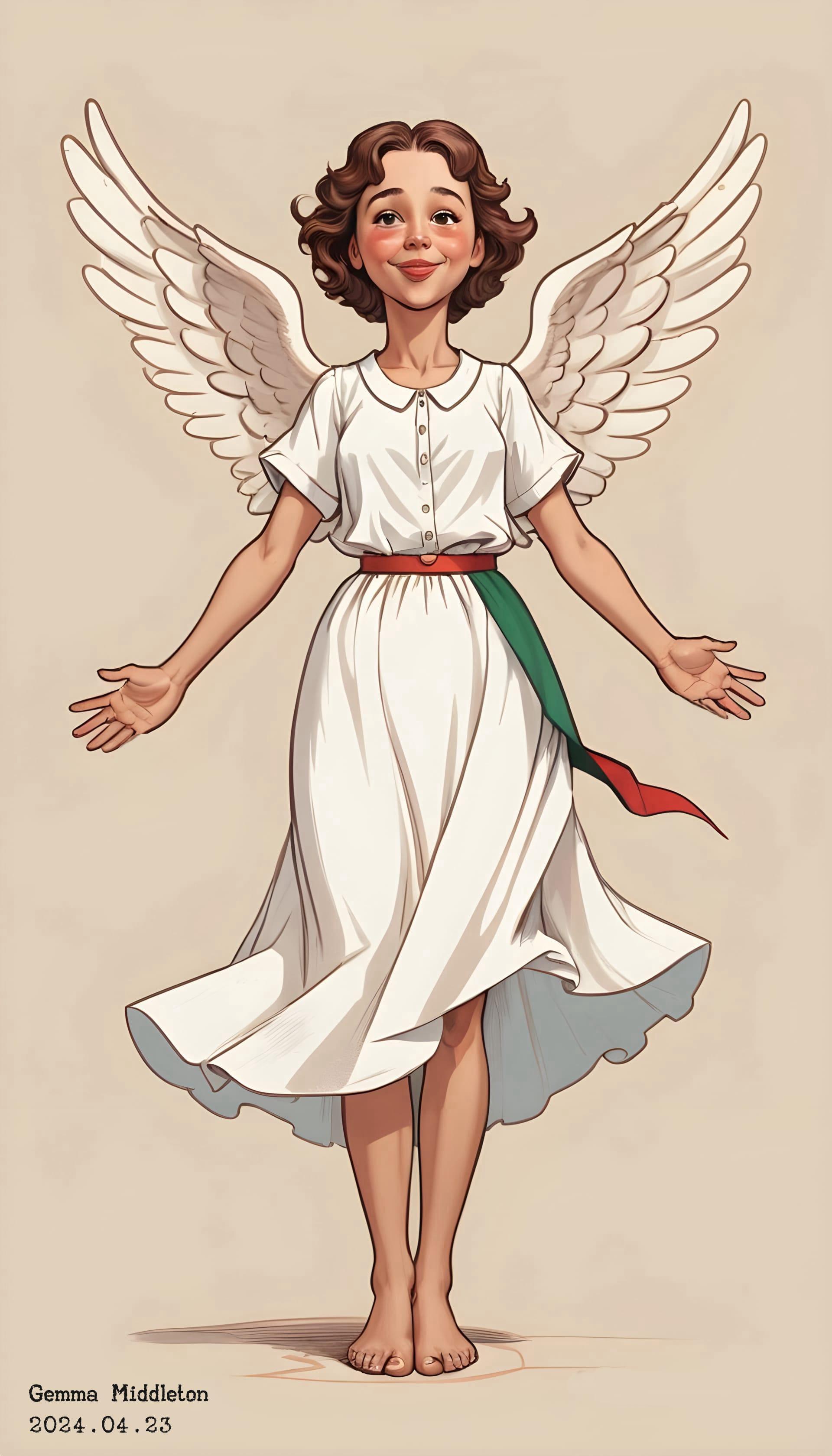
The region known as Palestine is located in the Middle East, adjoining the Mediterranean Sea on the west. This geographic location has made it a crossroads of cultures, religions, and histories for millennia.
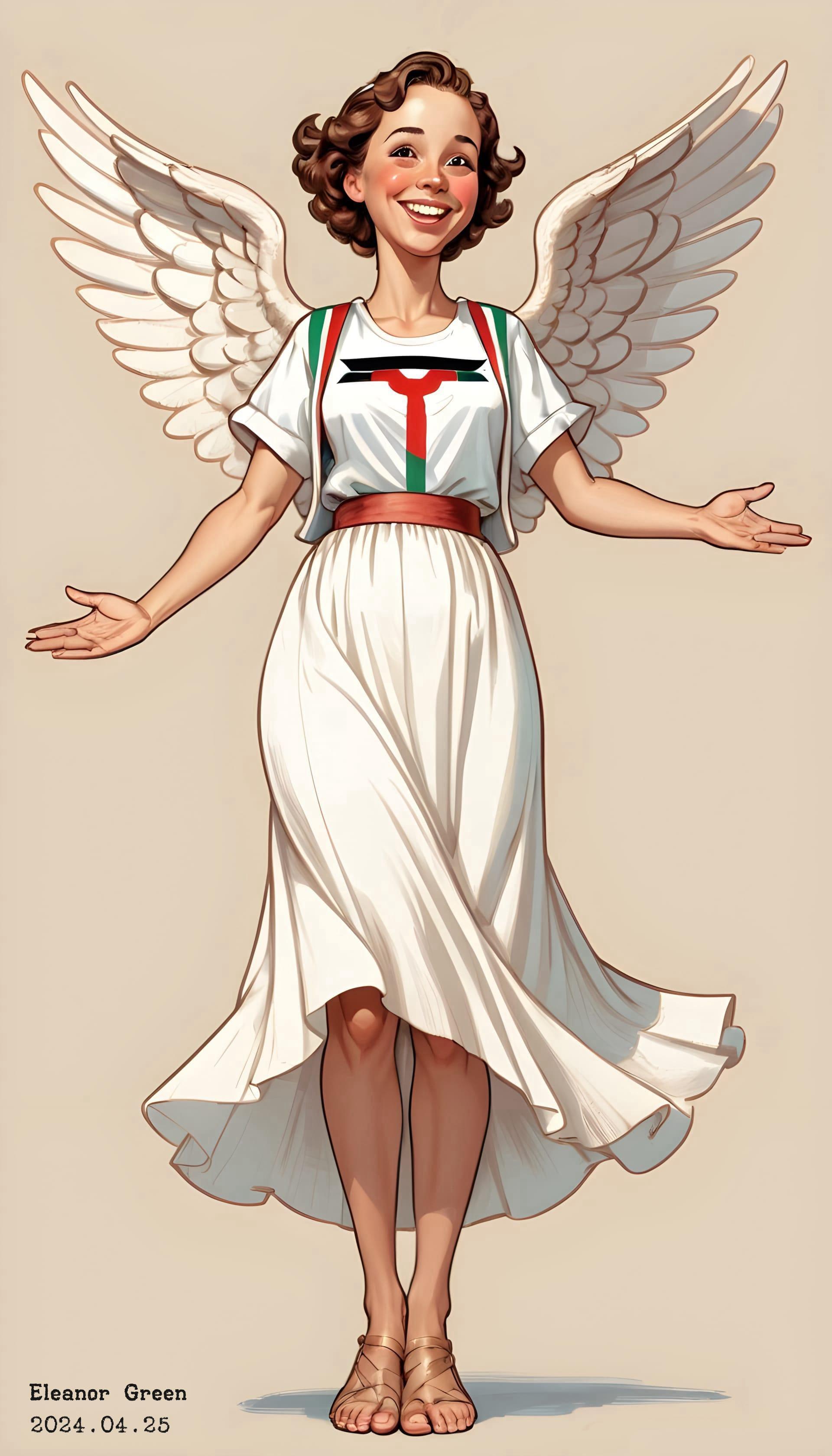
Historically, the name Palestine was first recorded by ancient Greek writers in the 5th century BCE, referring to the area between the Mediterranean Sea and the Jordan River.
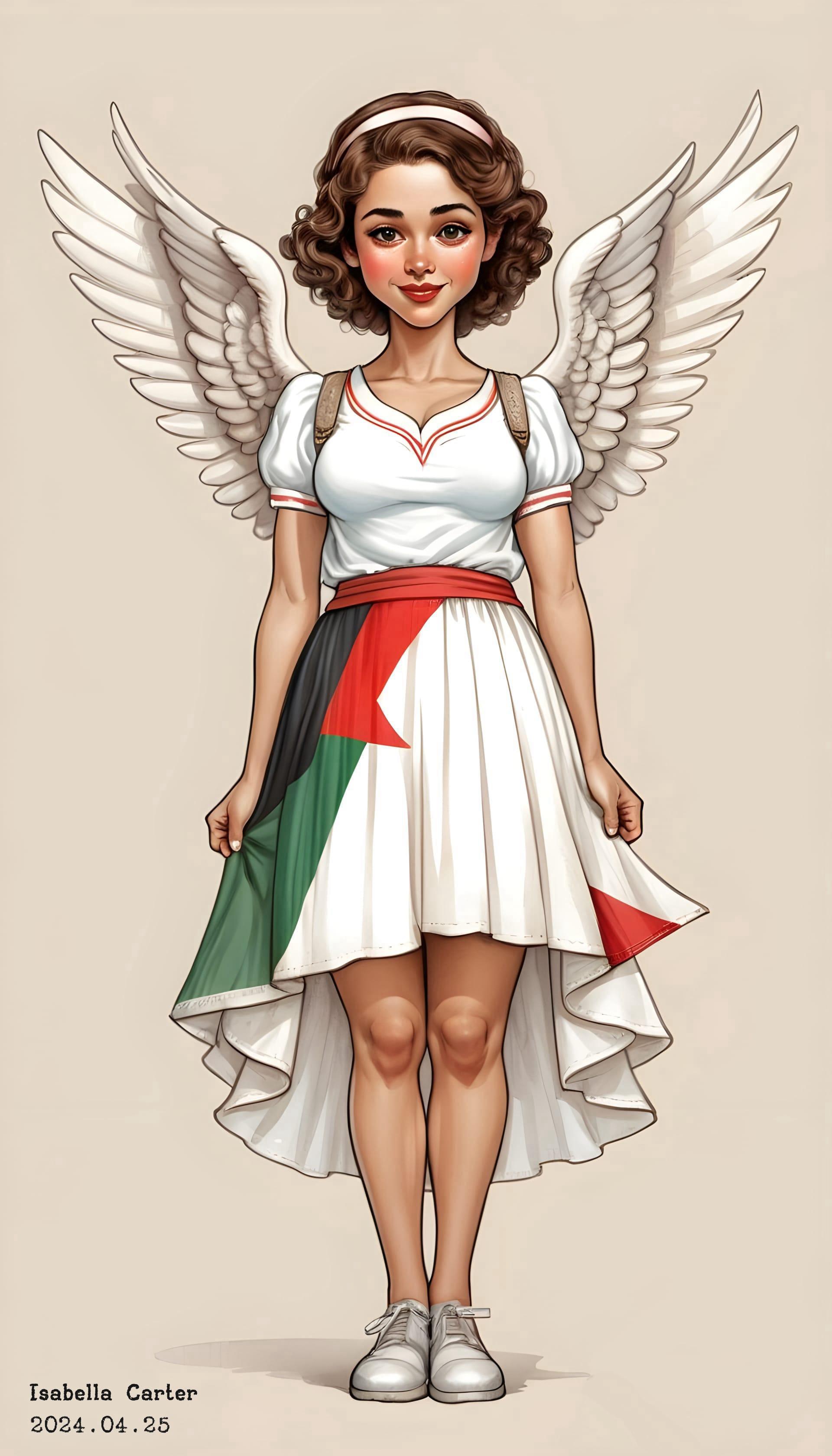
The Palestine flag features three equal horizontal bands of black, white, and green from top to bottom, with a red triangle based on the hoist side. Each color holds historical significance linked to the Arab Revolt of 1916.

Olive trees are a symbol of the region’s identity and economy. These ancient trees can live for more than 1,000 years and are a staple in Palestinian agriculture.
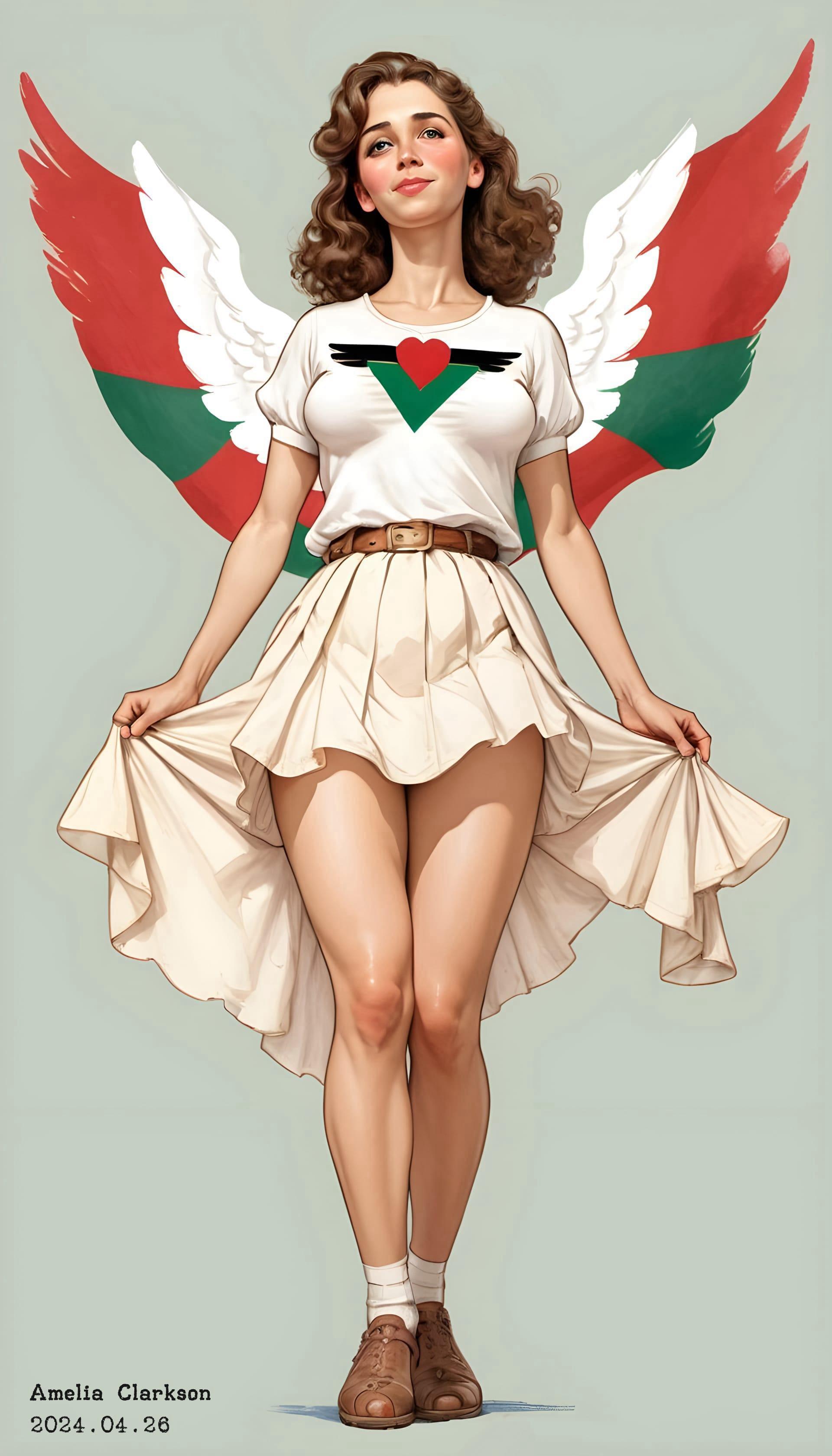
The city of Jerusalem, considered sacred by Jews, Christians, and Muslims, is one of the oldest continuously inhabited cities in the world and a central point of significance in Palestine.
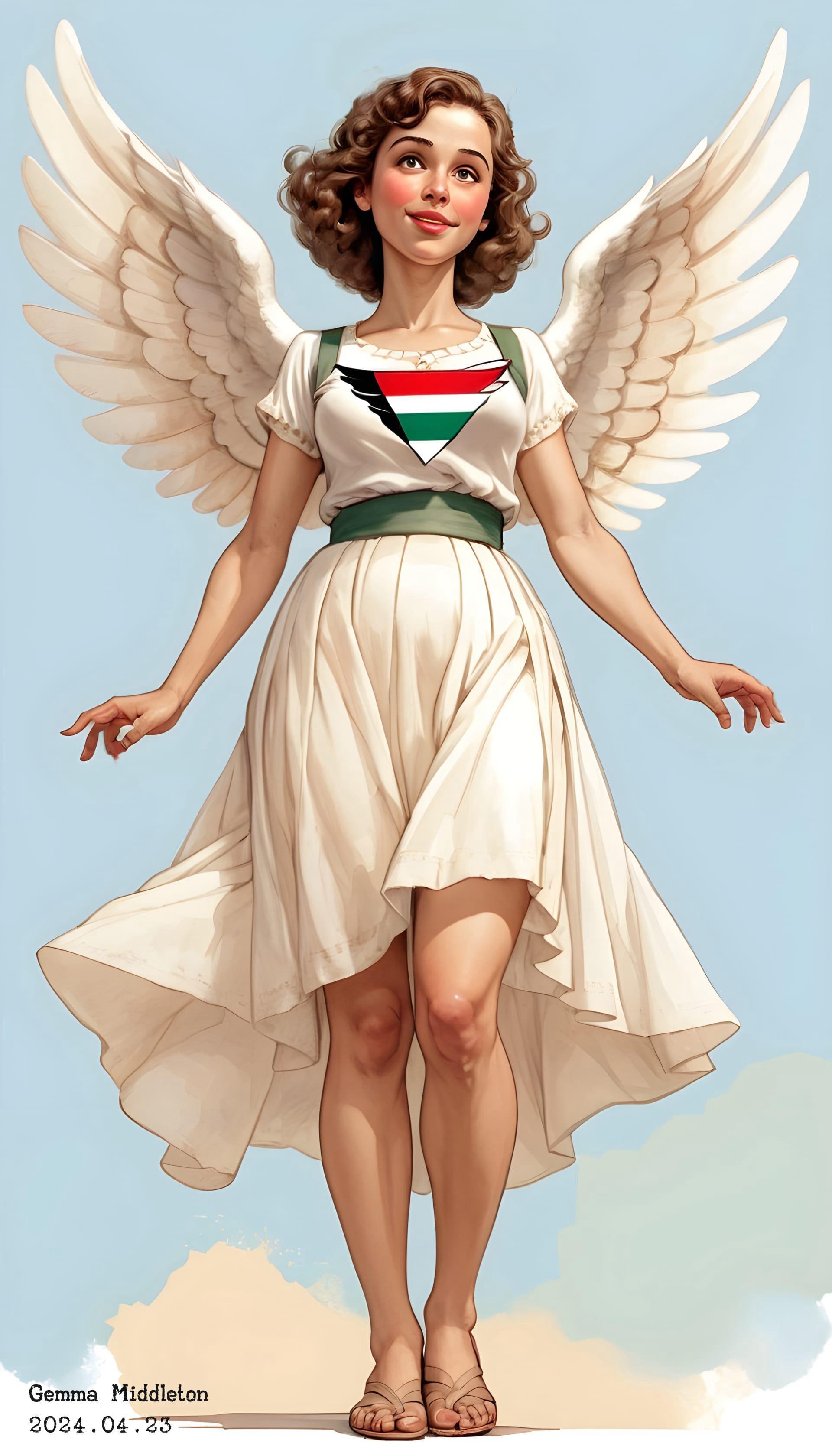
Palestine is internationally renowned for its archaeological sites, including the ancient city of Jericho, one of the world's oldest continually inhabited cities with evidence of settlement dating back to 9000 BCE.
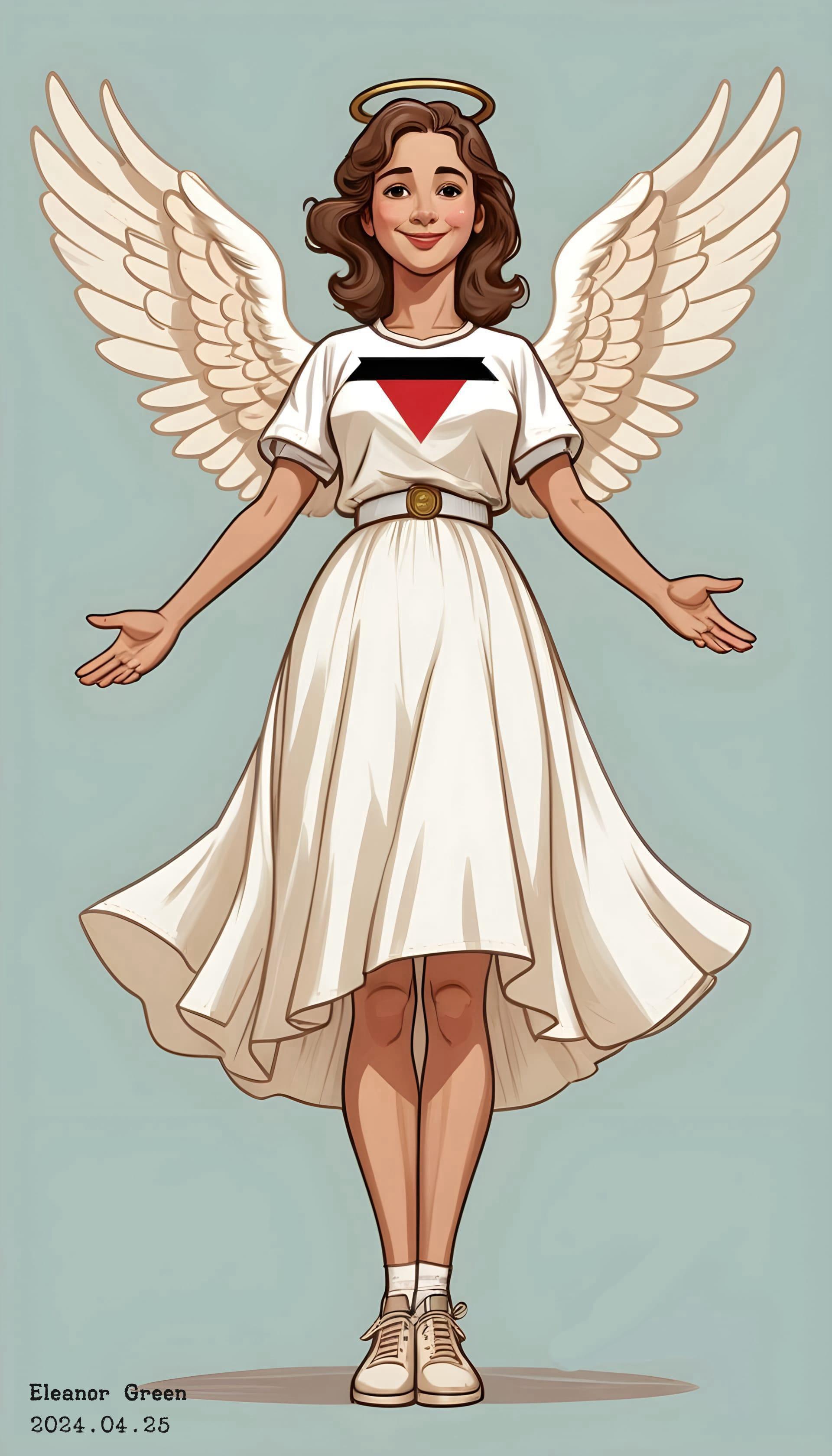
The Palestine flag is often seen during cultural and sporting events, symbolizing the national pride and heritage of the Palestinian people.
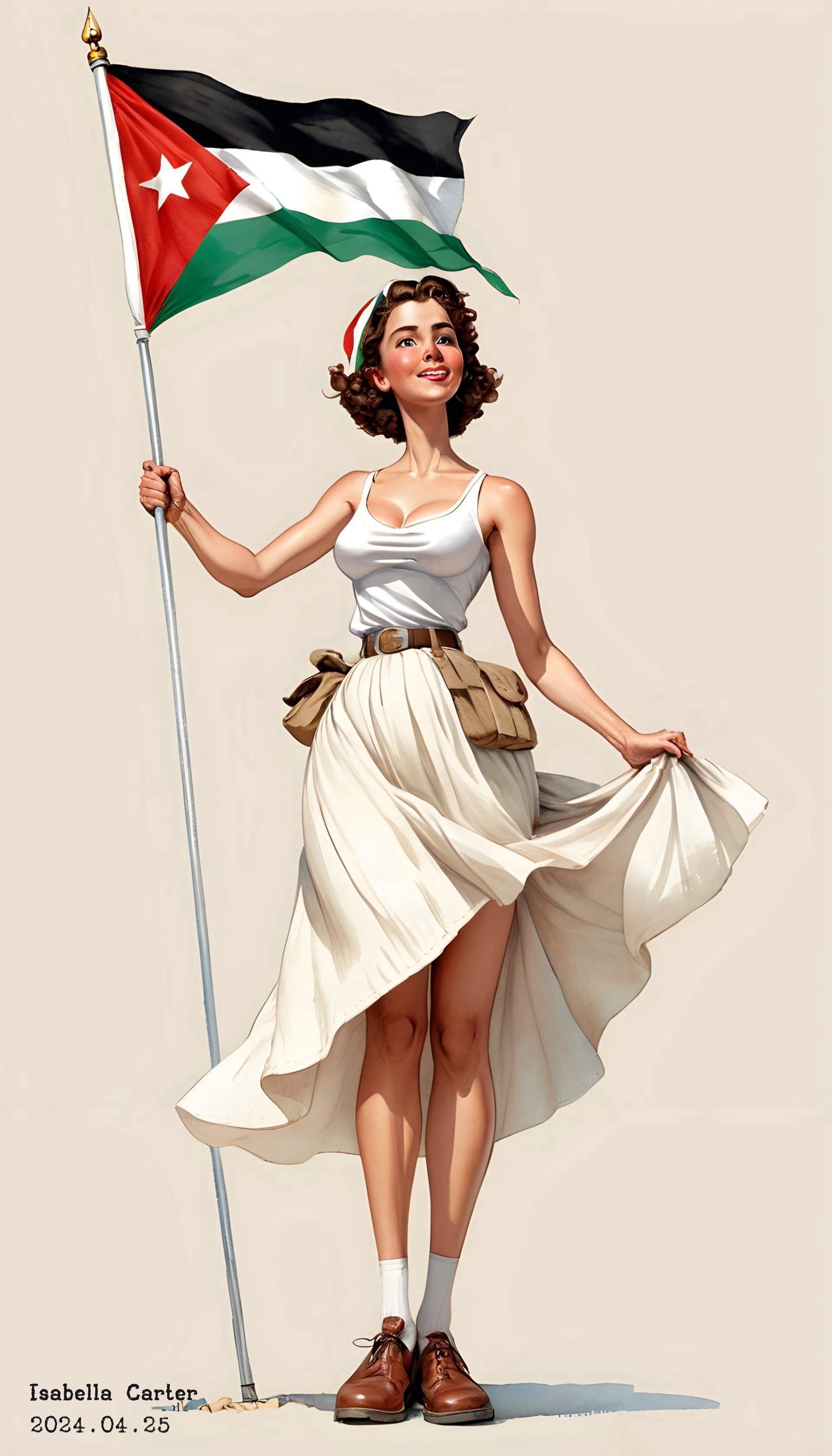
Palestinian cuisine is a delicious blend of various culinary influences from the Middle East. Dishes like falafel, hummus, and maqluba are popular among locals and tourists alike.
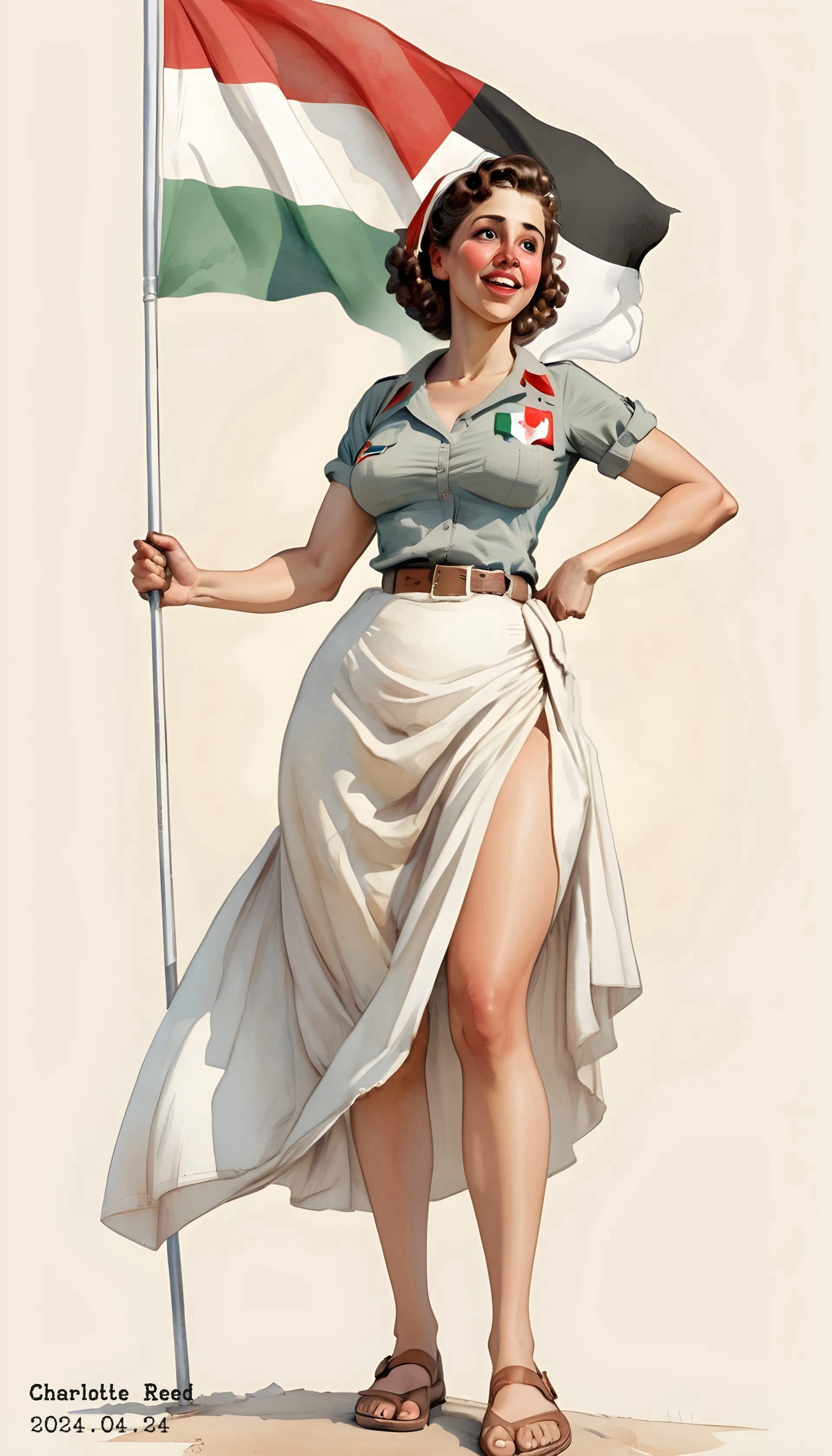
In terms of biodiversity, Palestine is home to a wide variety of flora and fauna, including the iconic olive trees which dot the landscape from north to south.
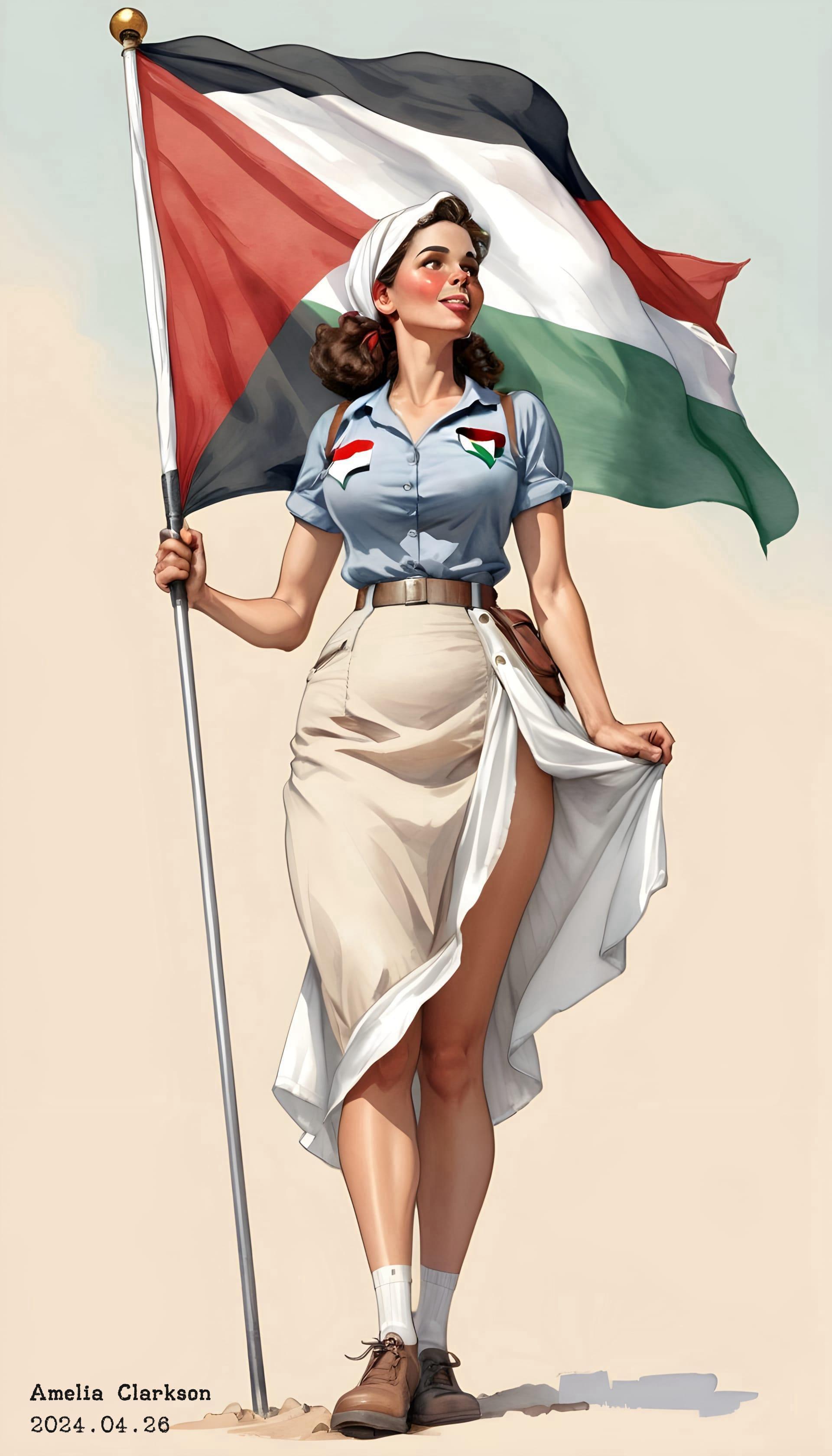
Education is highly valued in Palestinian society, with a literacy rate among the highest in the Middle East.
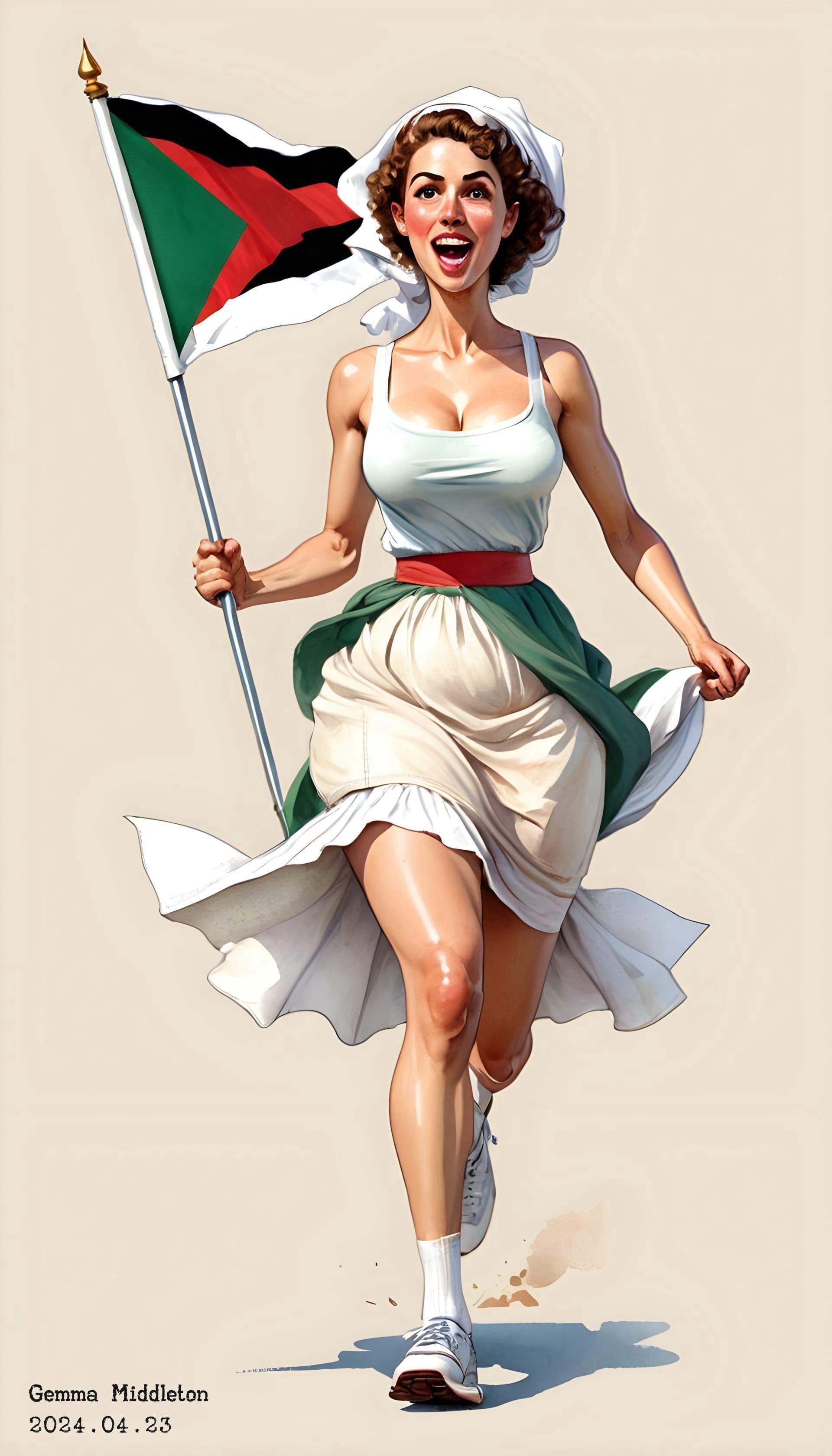
Football is the most popular sport in Palestine, and the Palestine flag is a common sight at both local and international matches, where fans show their support.
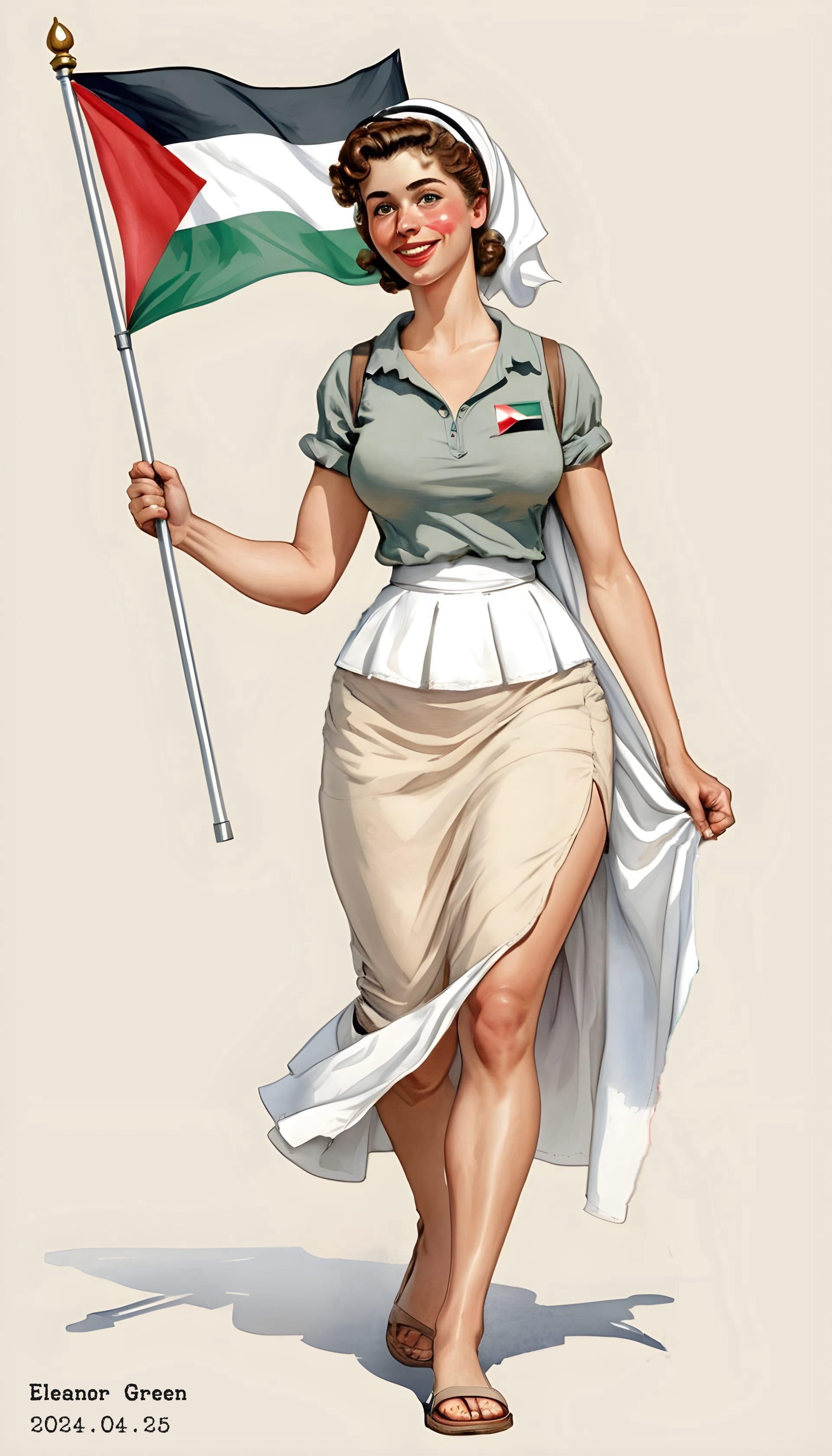
Traditional Palestinian embroidery, known as Tatreez, is an art form that has been passed down through generations, featuring intricate designs that are symbolic of the wearer’s cultural heritage.
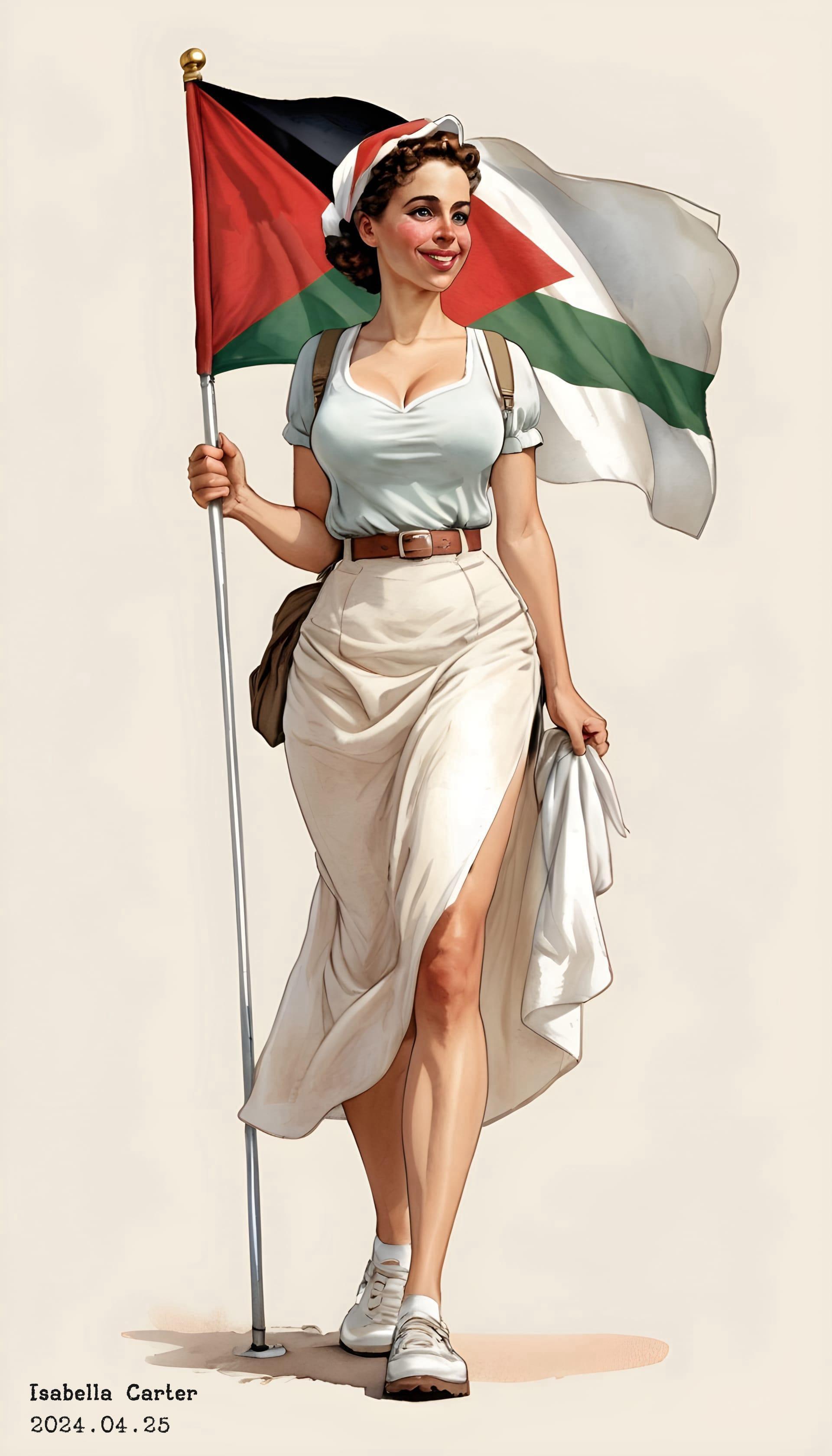
The Dead Sea, bordering Palestine, is the lowest point on Earth's surface on dry land and is famous for its hyper-saline water which allows people to float effortlessly.
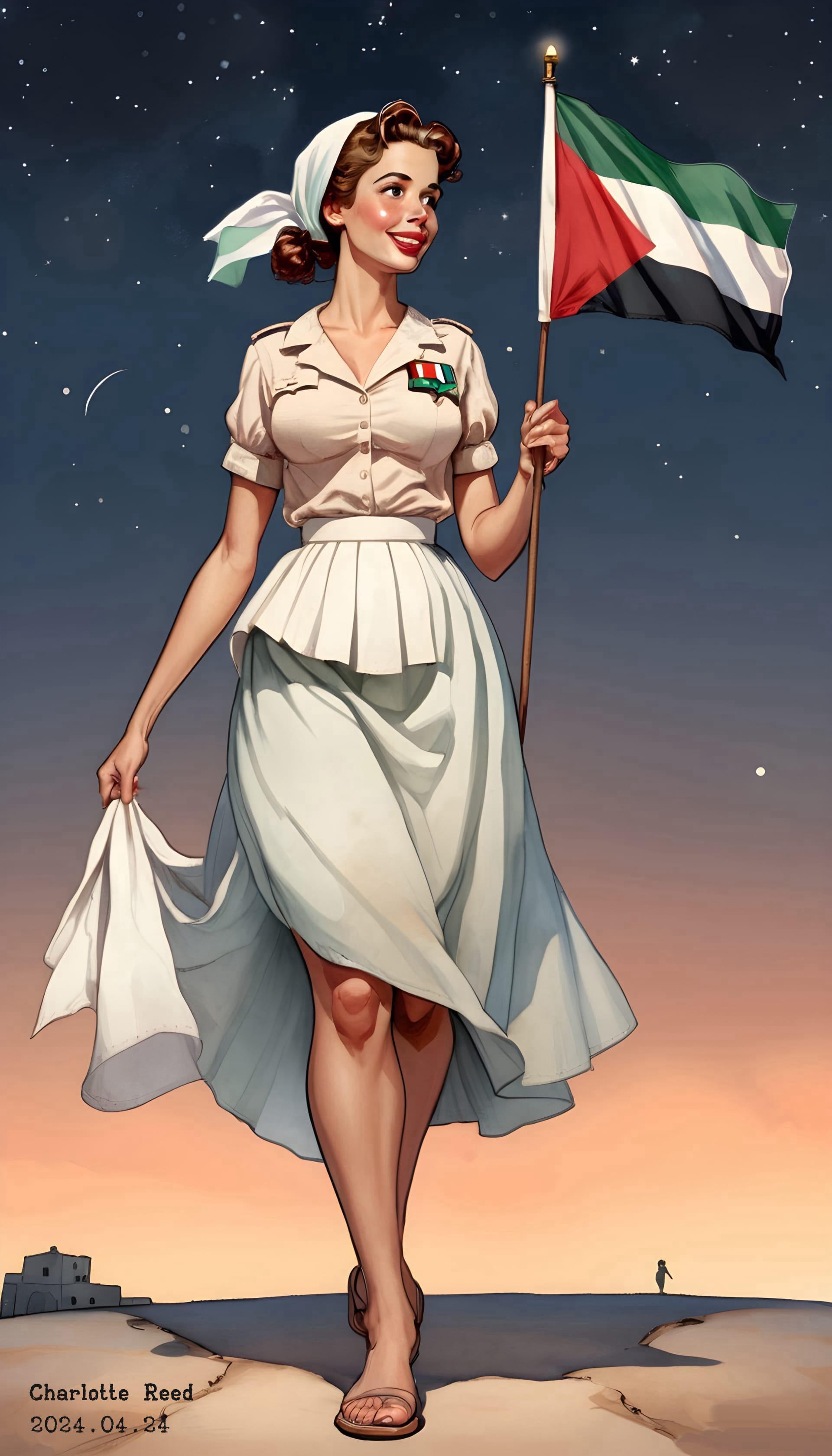
Palestinian music blends Arabic melodies with influences from other Middle Eastern cultures, often featuring instruments like the oud and darbuka.
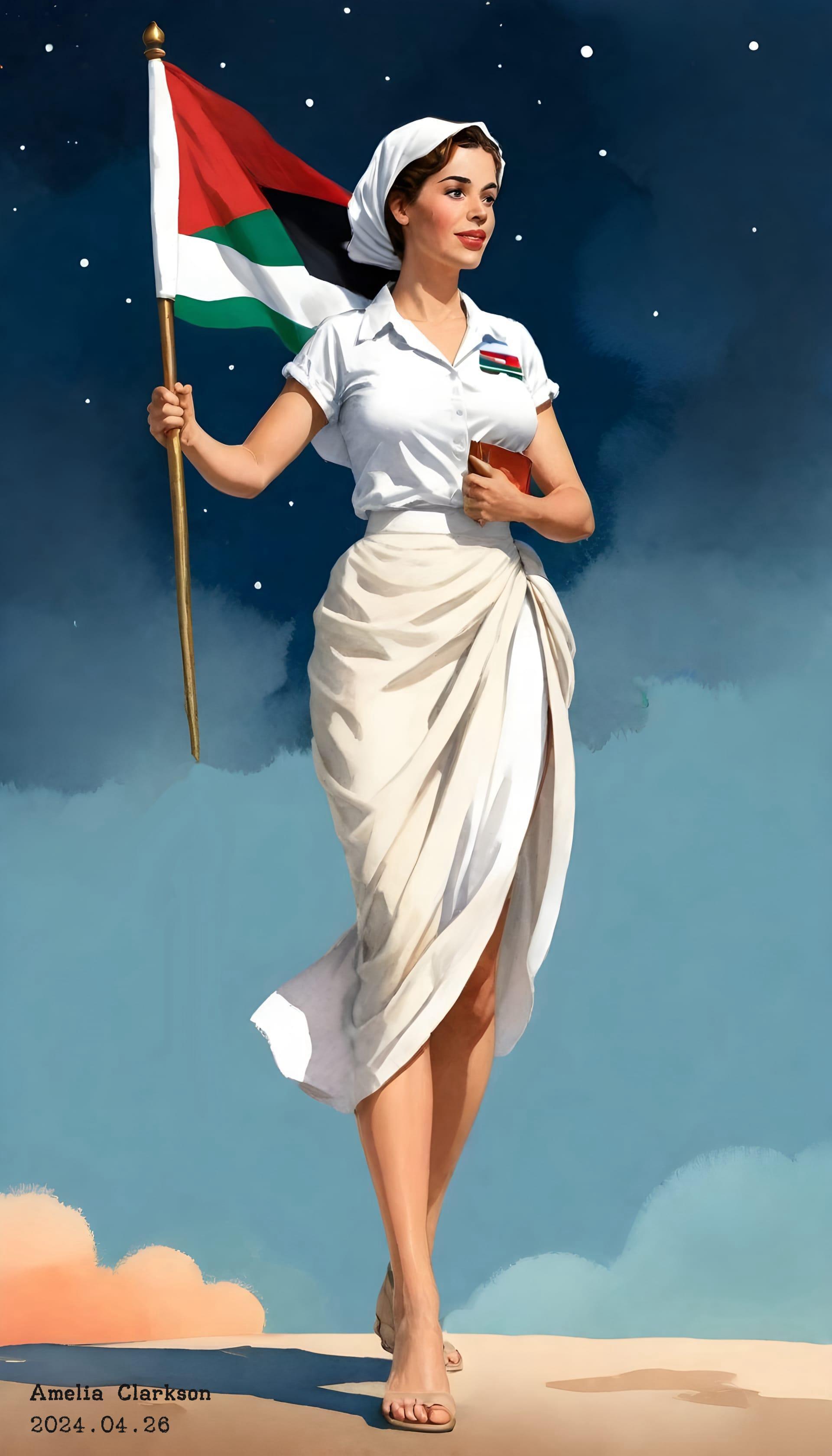
The annual Palestine Marathon is held in Bethlehem, challenging runners with a route that winds through historic landscapes, highlighting the region's unique geography and history.
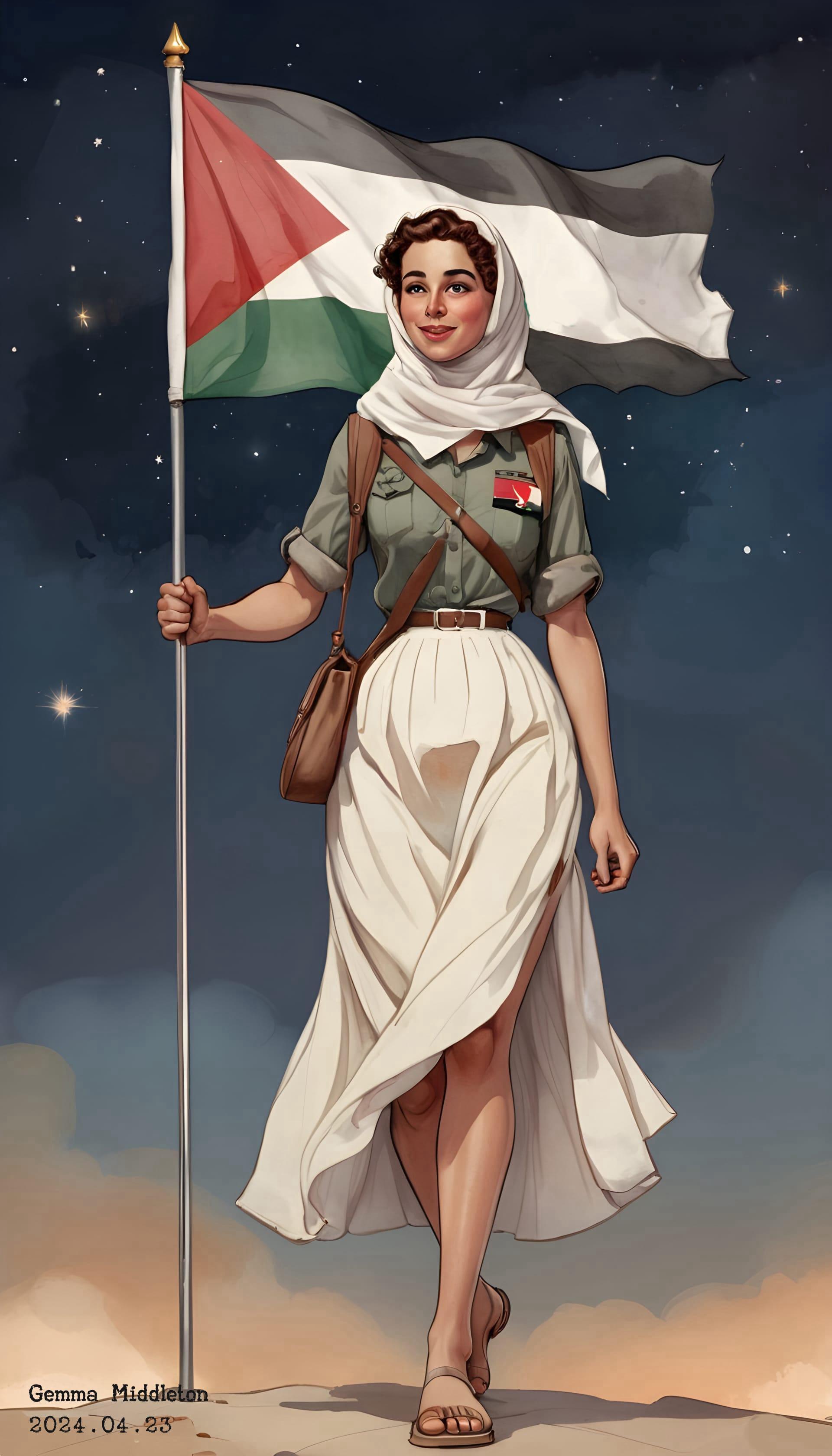
The Hebron glass, a traditional form of glassblowing in Palestine, produces brightly colored glassware that is both a local tradition and a tourist attraction.
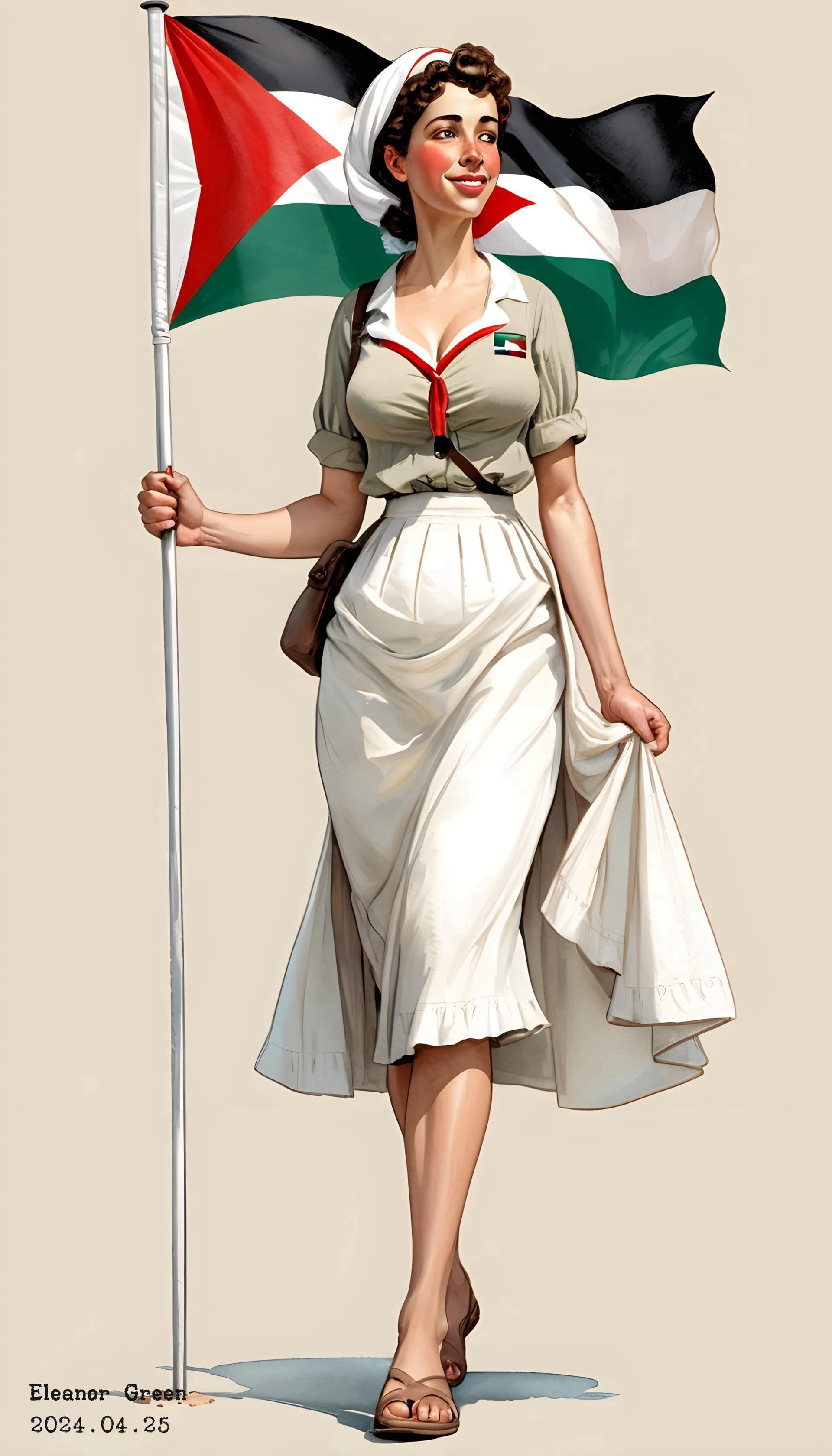
The Palestine flag symbolizes hope and resilience and is an important element in the celebrations of Palestinian National Day, observed annually on November 15.
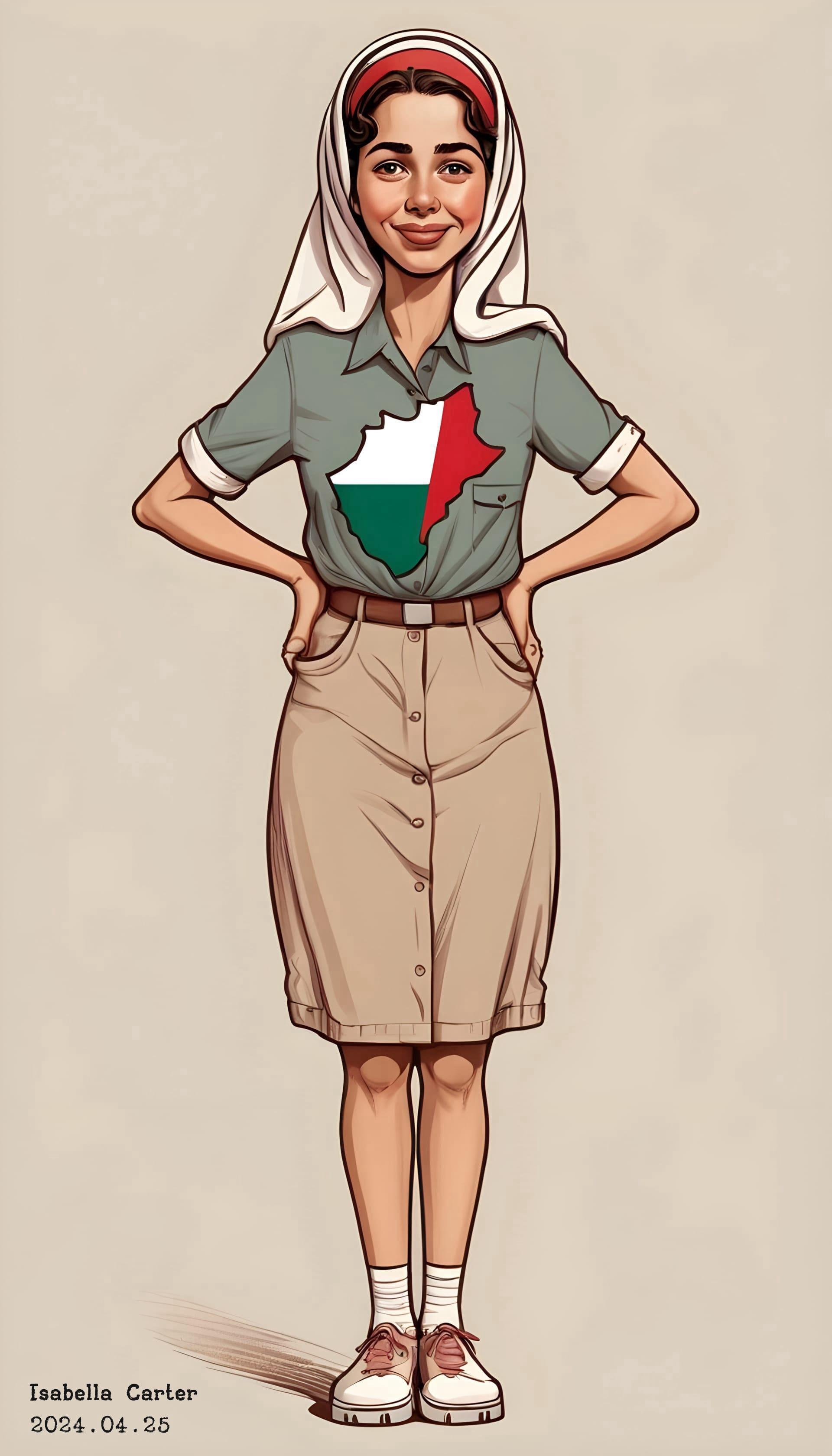
In literature, Palestine has produced several prominent writers and poets, including Mahmoud Darwish, whose works reflect the complexities and beauty of Palestinian identity.
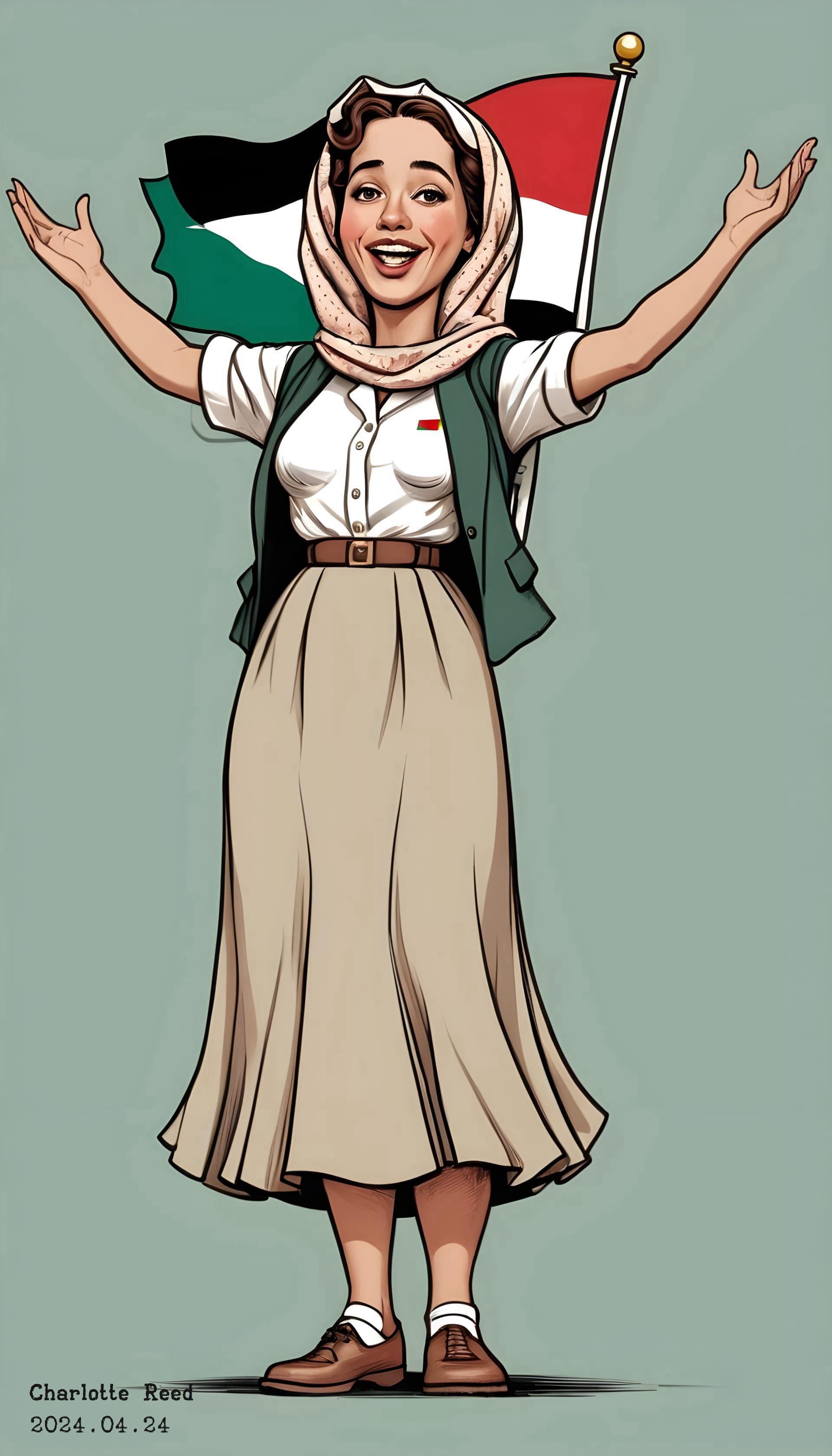
Palestinian cinema has been gaining international recognition, with films often exploring themes of identity, displacement, and resilience.
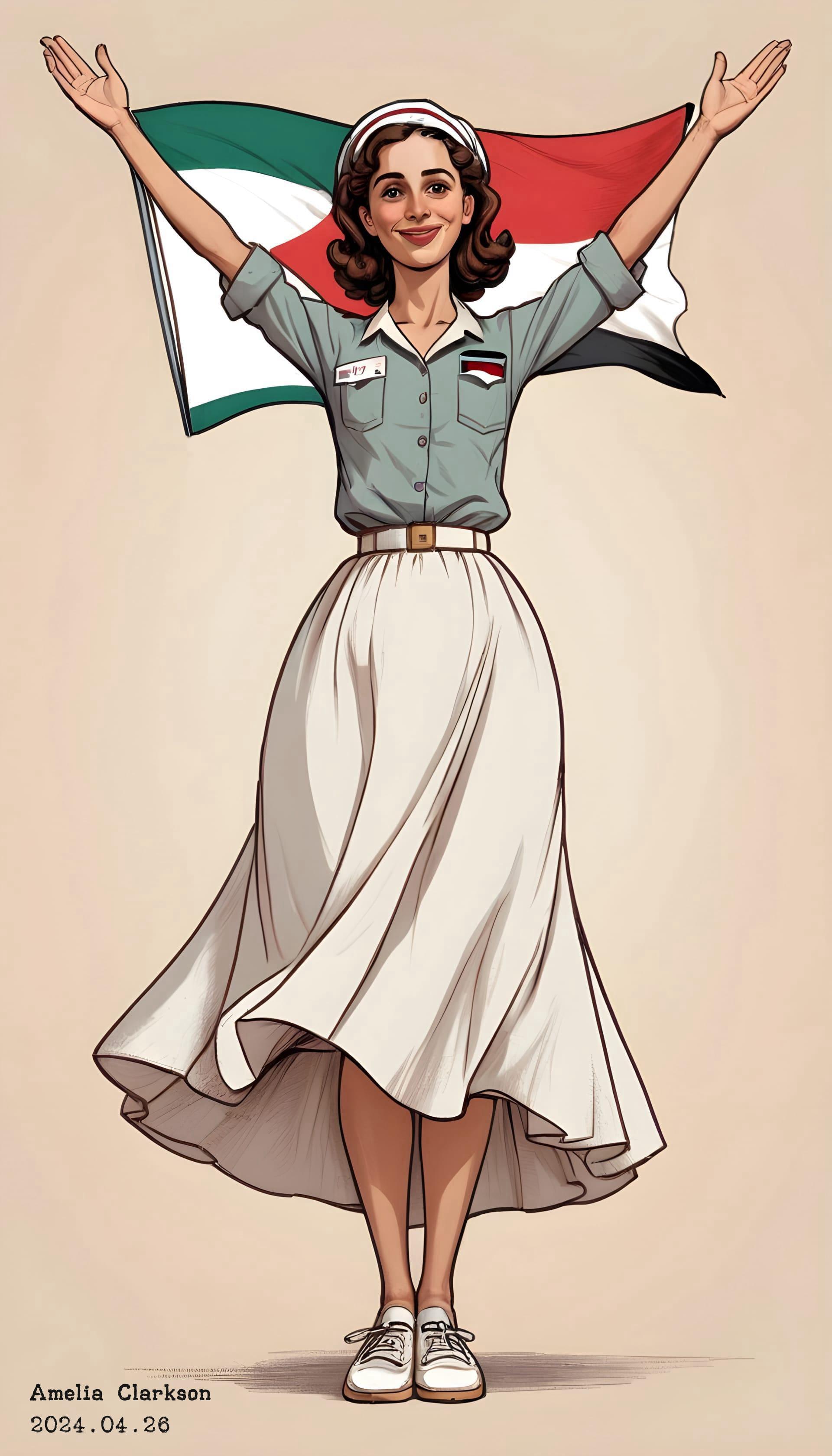
Palestine has a rich tradition of storytelling, which has been an essential part of passing down history and culture from one generation to the next, keeping the spirit of the nation alive and vibrant.